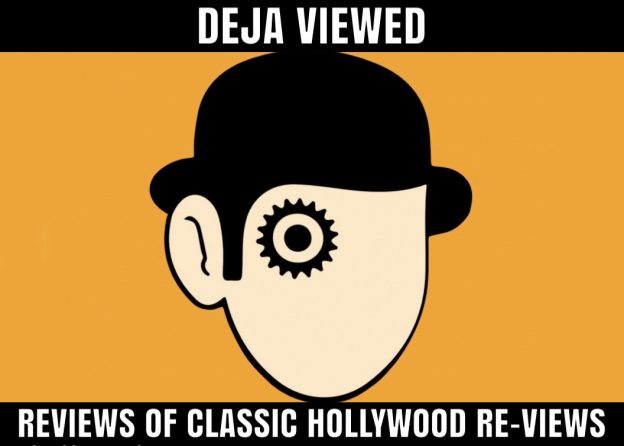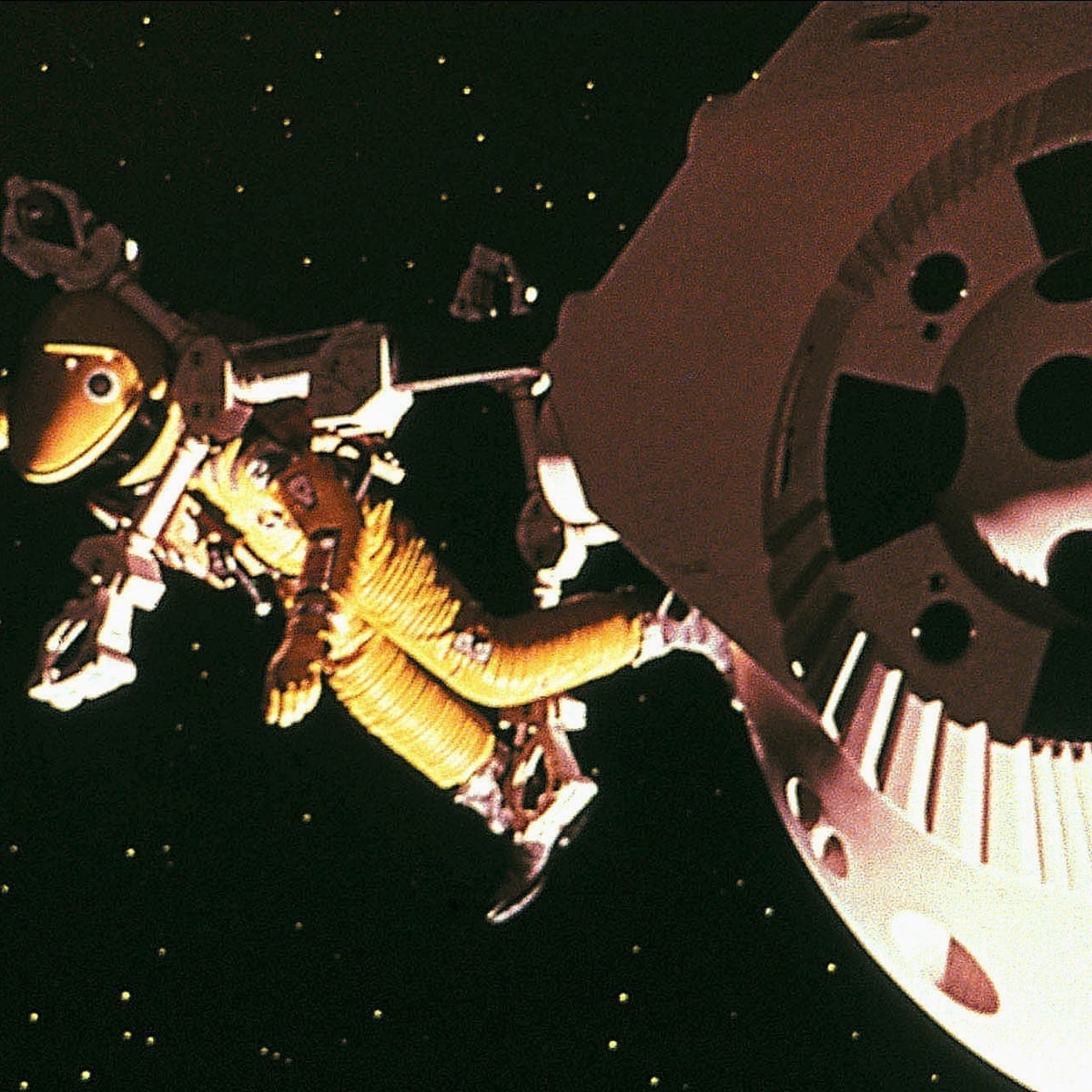How did that show end again?



How did that show end again?

Starting a new faith is a bitch. Just ask David Koresh, Jim Jones or Jesus.
I just can’t get people to buy the concept that science is a faith, as malleable as warm Silly Putty. But there’s no time for a wholesale conversion.
Now, we’ve got to form that putty into a new Amendment to the Constitution, the 28th. The last two were pretty dull: No. 26, passed in 1971, made it unconstitutional to prevent anyone older than 18 from voting (cc: The South); and No. 27, passed in 1992, that all congressional pay raises must be voted on by Congress.
I propose Number XXVIII: Congress shall pass no laws restricting or restraining the collection and dissemination of scientific data gathered buy government health agencies (i.e., the separation of Science and State.)
The need comes after Donald Trump ordered hospitals to bypass the Centers for Disease Control and Prevention and send all COVID-19 patient information to a central database in Washington, starting Wednesday.
Anthony Fauci may want to hit the Craigslist job board. The administration sees the object hurtling toward it, reality — in the form of a Depression, pandemic and Cold War loss — and are hoping to deflect its impact until after the Nov. 3 election.
But this has been an Amendment whose need arose long ago. No president — Democrat or Republican — should be the gatekeeper to the scientific data collected nationwide. We fund every department in the federal and state government, including the CDC and the departments of Health and Human Services.
Every American citizen has a right to find out the crime rate in their neighborhood. Shouldn’t we have the same access to scientific data as we do criminal data? If we can obtain the murder rate in our city, why not the COVID rate?
The Trump response is to be expected. His inclination has traditionally been to NDA any problem he sees as a threat to his power or profits. The antics just get more desperate the closer we get to a quarter to late.
So come on, Joe. Propose change. The founders saw this threat when religion held sway. You can make a nod to them, while telling younger voters there’s an option of change.
We’ve got a grim choice before us come November: The ailing grandpa versus the ailing, crazy grandpa. You want a real base in your corner? Try science. They’re drawing believers by the legions.


Right out of the gate, Her was hailed as a masterwork.
It earned a thumbs-up from an astounding 95% of the nation’s critics. Writer-director Spike Jonze won a Best Original Screenplay Oscar. Combined, Her would win 82 various film circle awards and be nominated for 184.
Yet the movie never resonated with the American public. Costing $23 million, the movie would make back only $26 million, a mediocre-at-best showing by commercial box office standards.
What a shame, because Her is one of those rare films that becomes more prescient with age. Like 2001: A Space Odyssey, Her was so ahead of its time it cost the movie in its initial run. In the case of Kubrick’s masterpiece, the film was revived by midnight-movie stoners who kept it afloat until critics gave it a deja view. Here’s hoping the same thing happens with Her, Deja Viewed.
Two things make Her a film for the ages. First, it’s one of the few sci-fi movies not set in a dystopian future. From Brazil to Blade Runner, it’s clear Hollywood dreads what comes next (perhaps prophetically). And it’s unofficially requisite that symbols of the future — technology, over-reaching governments, tentacle-reaching aliens — post an existential threat to the hero of sci-fi films. The exception, of course, is Star Wars, but that is set “A long time ago.”
There is no such menace in Her. Replicants don’t roam Los Angeles. Aliens haven’t bombed the White House. Xenomorphs aren’t using us as larval hosts. If anything, life in Jonze’s futurescape seems pretty damn cool. Video games are played in holograms, dictation is flawless and emails are never mis-sent.
Instead, Her makes human frailty, ego and self-delusion the film’s antagonist. Those timeless demons free the movie of the genre’s cliches and trope-pits.
Second, the film’s premise — Theodore Twombly (Joaquin Phoenix) falls in love with an Operating System named Samantha — couldn’t be more topical, even today. Especially today: Her came out a year before the release of Amazon’s Alexa and two years before Google’s Home Assistant.
Like 2001‘s depiction of space travel (which looks eerily like today’s), Her‘s depiction of our interaction with budding Artificial Intelligence is spot-on, and raises questions that are more poignant today than they were in 2013.
Such as: What would you want your Alexa (here a synonym for artificial intelligence) to be able to do? Read your emails to you? Write your emails for you? Ostensibly, Alexa listens to every personal word you say aloud in your home, hears every secret, taps every phone call. Given how much she knows about you, would you want advice from Alexa? Is she already a companion?
Among Her‘s few critics, some pointed out the sarcastic personality the operating system, voiced by Scarlett Johansson, seems to possess. Why, they asked, would an operating system have a flirty tone?
To that, I suggest taking the Artificial Intelligence Etiquette Test. If you have both Google’s and Amazon’s $50 digital assistants — which I highly recommend — ask each the question, “How do I look?” Google is clearly more flattering than Amazon.
Notice, too, the fascinating focus of Her, which is essentially about looking beyond the ever-shrinking horizons of technology and seeing the larger world around us.
When we see close-ups of Theo, Jonze frames him in a focus as soft as a feather pillow. Theodore can see what’s immediately in front of him, but is myopic to the world that surrounds him. Even when he’s looking at Samantha at arm’s length, she appears just out of focus. She is just out of reach.![Her - Official Trailer 2 [HD] - YouTube](https://i.ytimg.com/vi/ne6p6MfLBxc/maxresdefault.jpg)
By the film’s end, we aren’t just questioning what makes for a healthy relationship, but what makes for consciousness. Both Theo and Samantha are on similar odysseys, exploring the boundaries of love, communication, friendship and their places in the universe.
After two hours of soft focus, warm yellows, oranges and reds (inspired, Jonze says, by Jamba Juice) and not one belt in any wardrobe, Her ends on a starkly focused shot of the Los Angeles skyline.
Jonze and Her appear to be saying, “Yes, you have a place in the universe. Just know it’s a shared place.”